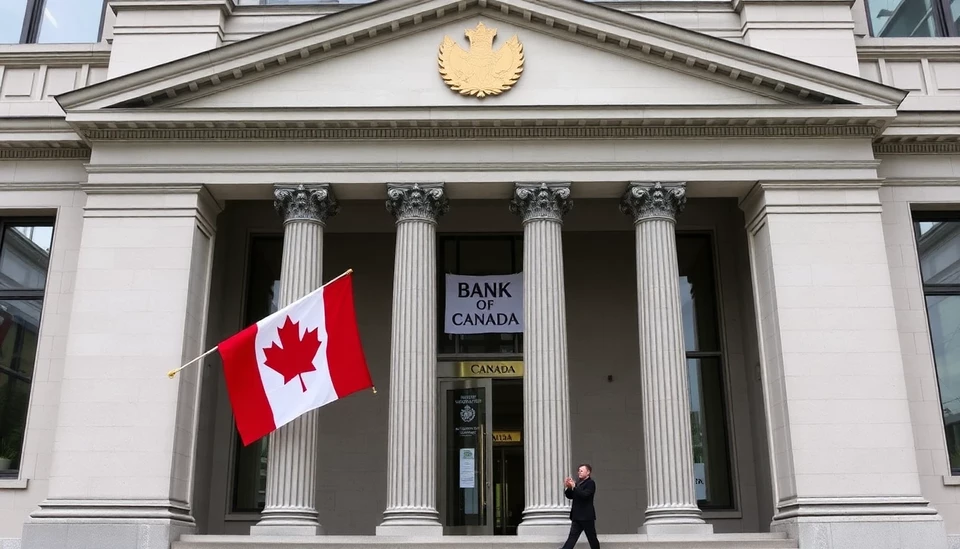
Recent data reveals a noticeable decline in consumer confidence in Canada, attributed primarily to ongoing trade threats with the United States. For several months, escalating tensions surrounding trade policies have fostered uncertainty among Canadian consumers, leading to a significant impact on their economic outlook.
The Consumer Confidence Index, a key indicator of the economic sentiment among households, has shown a downward trend. New figures released from the latest survey indicate a marked shift in attitude, as consumers express worries about potential repercussions from the aforementioned trade disputes. This declining confidence could spell trouble for the Canadian economy, already navigating formidable challenges in a post-pandemic landscape.
Experts suggest that these trade threats are contributing to a broader atmosphere of anxiety. The impending potential tariffs and regulatory changes have sparked fears that prices will rise, affecting purchasing power and overall spending habits. Canadian families are becoming increasingly cautious, adjusting their spending plans in light of these uncertainties.
The implications of this dip in consumer sentiment are wide-ranging. Economists anticipate that decreased consumer confidence might lead to reduced consumer spending, a critical component of Canada’s economic growth. As households tighten their budgets, sectors reliant on retail sales may experience slower growth, potentially hindering recovery efforts following the economic disruptions caused by the pandemic.
Moreover, the financial resilience of Canadian households is being put to the test. Many families are reevaluating their financial strategies, with several opting to save more rather than indulge in discretionary spending. This shift could further challenge businesses that rely heavily on consumer purchases, creating a ripple effect across the economy.
In this climate, businesses are urged to prepare for adjustments by anticipating shifts in consumer behavior. Marketing strategies may need to pivot towards enhancing customer trust and providing value, as understanding and responding to these shifting dynamics could prove essential for long-term sustainability.
The government and policymakers are in a precarious position, needing to address both trade relations and stimulate consumer confidence. Establishing clearer communication about trade negotiations and creating stability may help restore faith among Canadian consumers, allowing them to feel more secure in their financial decisions.
In summary, the decline in Canadian consumer confidence signals larger economic concerns rooted in trade anxiety. As consumers become more hesitant, all eyes are on both the market's response and government actions that could help mitigate these effects.
Overall, the situation underscores the inseparable link between consumer sentiment and economic health in Canada, showcasing how external factors can profoundly influence local economic dynamics.
#CanadaEconomy #ConsumerConfidence #TradeRelations #EconomicImpact #FinancialHealth #RetailTrends
Author: Laura Mitchell




